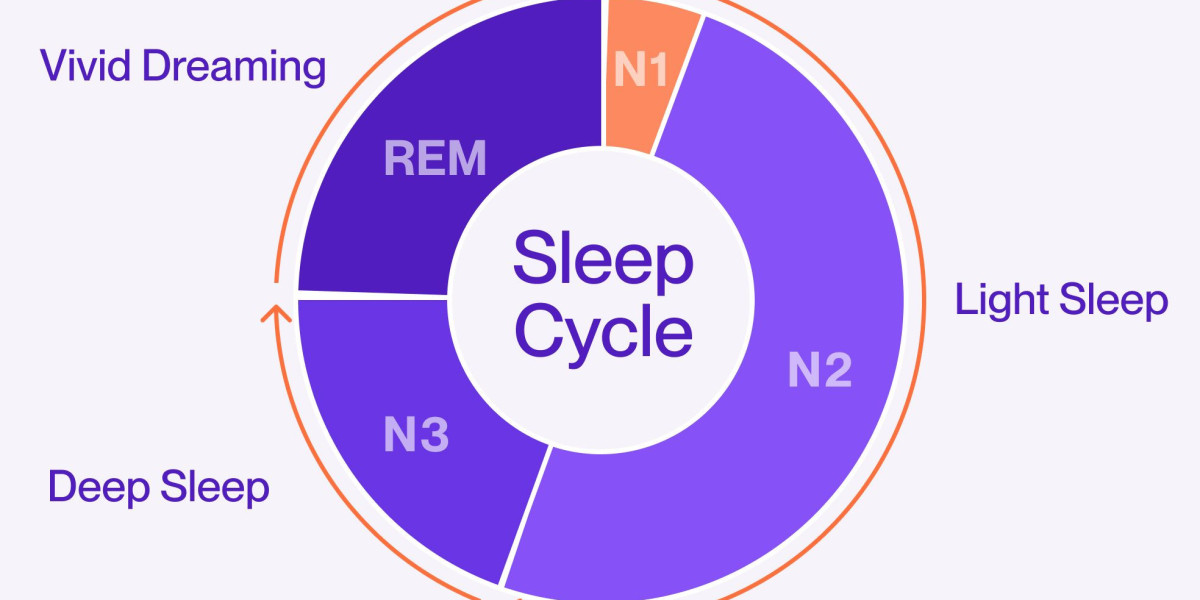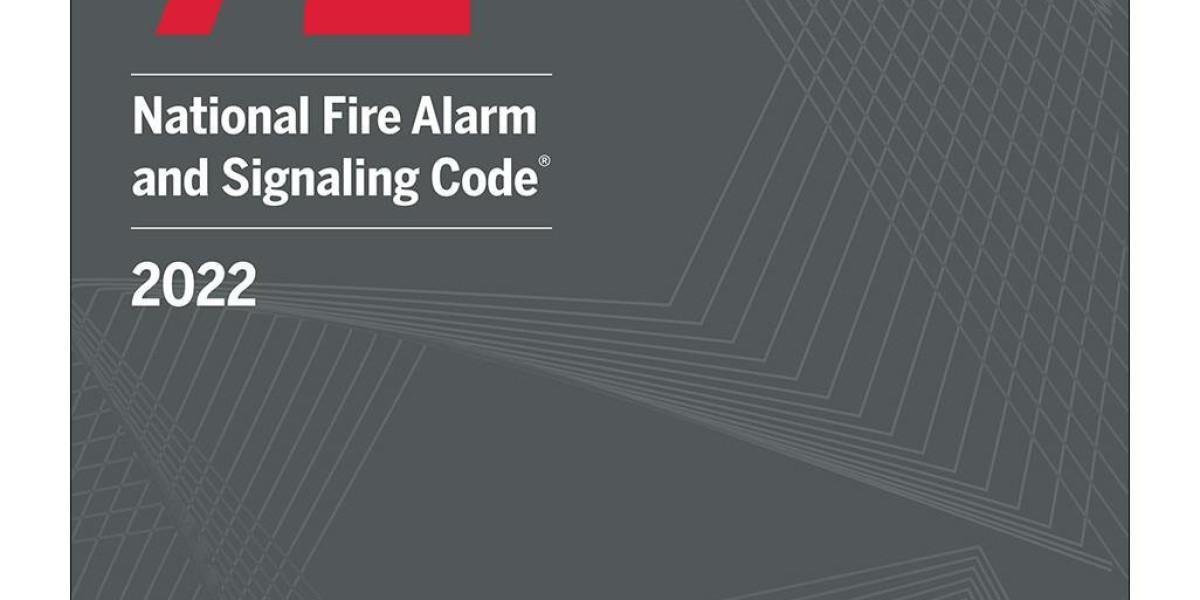Sleep is essential — not optional. It plays a critical role in physical health, mental clarity, emotional balance, and overall well-being. But a question many people ask is: "how many hours of sleep do I need?"
The answer isn’t always the same for everyone. It depends on your age, health, lifestyle, and individual needs. Understanding your ideal sleep duration can help you feel more energized, focused, and healthy.
Recommended Hours of Sleep by Age
According to the National Sleep Foundation and other leading health authorities, here are the general sleep guidelines:
| Age Group | Recommended Sleep |
|---|---|
| Newborns (0–3 months) | 14–17 hours/day |
| Infants (4–11 months) | 12–15 hours/day |
| Toddlers (1–2 years) | 11–14 hours/day |
| Preschoolers (3–5 years) | 10–13 hours/day |
| School-age children (6–13) | 9–11 hours/night |
| Teenagers (14–17 years) | 8–10 hours/night |
| Young adults (18–25) | 7–9 hours/night |
| Adults (26–64) | 7–9 hours/night |
| Older adults (65+) | 7–8 hours/night |
Factors That Influence Sleep Needs
While age is a major factor, other elements can shift how much rest you require:
?♂️ Physical Activity
People who are very active may need more sleep to allow muscles to recover and energy to be restored.
? Mental Load
Students, professionals, or anyone with high cognitive demands may require extra rest to support focus and memory.
? Sleep Quality
Getting 8 hours of broken, restless sleep isn’t the same as 8 hours of deep, uninterrupted sleep.
? Genetics
Some people naturally function well on 6 hours of sleep, while others need 9. Your personal biology plays a role.
? Health Conditions
Chronic illness, depression, anxiety, or medication side effects can alter your body’s sleep needs.
Signs You're Not Getting Enough Sleep
Constant fatigue or drowsiness during the day
Trouble concentrating or remembering things
Mood swings or irritability
Weakened immunity or frequent illness
Increased appetite or weight gain
Poor performance at work or school
If you're experiencing these signs despite getting what seems like “enough” sleep, it could be a sign you need better or longer sleep.
How to Find Your Ideal Sleep Duration
Track Your Sleep for a Week
Note when you go to bed and wake up. See how you feel each day.Go to Bed When Tired — Without an Alarm
If possible, allow your body to wake up naturally and see how many hours it needs.Pay Attention to Sleep Quality
Use a sleep tracker or journal to log how restful your nights are.Adjust in 15-Minute Increments
If you're waking tired, try going to bed 15–30 minutes earlier each night.
Final Thoughts
There’s no one-size-fits-all answer to “How many hours of sleep do I need?” — but for most adults, 7–9 hours is the sweet spot. Listen to your body, track your patterns, and prioritize quality rest. After all, sleep isn’t just about feeling good — it’s a foundation of long-term health, happiness, and success.







